Nonconformist:
therefore guilty
I am sure that the four rider,
mentioning a Italian writer, they are going to be very boring to insistence of
my thesis regard condamn of Socrates, at 399 b.Ch., but I ask indulgence
because I have proof of this my opinion. I have translated, very much years ago,
Apologize of Socrates from ancient Greek and may I have seen this step, but
then I didn’t considered. Today I am reading the same Apologize and I have
reached two certitudes, the first is that Socrates was very egocentric, he was
perfectly aware of his role in Athenes society, in fact he says during
Apologize, about himself and he praises himself, because he wasn’t paied to his
learning, he was perfeclty aware that he was very stranger, and a step of
Apologize confirms this opinion, in fact he says: “Here(this step of tell)
somebody can says “Socrates what do are doing? Where born these lies about you?
If you haven’t this obstacole that other haven’t, if you don’t make nothing very strange
from common people these lies about you not would reise”, this step
indicates and shown thruth condamn of Socrates, I repeat “…if you don’t make
nothing very strange from common people…”, you Socrates are different, you are
guilty because you are strange, thereforeyou are guilty, in fact the trial and
capital sentence has had alone some votes more than trial innocence, because
Socrates was innocent, and he wanted his philosophical life through a sacrifice,
but he has wanted until the end as nonconformistly, Criton his pupil proposed to
him a saving corruption of sentinels, and he would go away from Athens, but he
refused it, he wanted die as nonconformist, therefore in conformity of moral
behaviour of Athens he was very strange, but strange because intelligent,
because he despised democratic party, because Socrates can show very democratic but he was proudly
no democratic, this is political nature of this condamn, and we can suspect
that political power has had fair of this figure, because he could reached
power with revolution, although Socrates was very distant by this opinion, but
power fairs everybody can, also hypotetically minace his place, therefore
Socrates become a enemy. Regard egocentism of Socrates
is manifest to a judice that he as expressed about himself, and he repeated
above all in Apologize: “I know that I don’t know”, this is an evident
esibition, because he has understood after of everybody that original behaviour
is motive to attact attention, jhe has mentioned in Apologize the book of Iliad, alone one step, but a man that doesn’t know can’t mention Iliad, he
certainly has heard it by a teller of this history, after during Middle age
they are going to be very inspirer of De laus novae militiae, but during
ancient Greek they sung adventures of Iliad, therefore Socrates could heard
these histories, anyway same searching the truth and contraddiction that he
find to everybody is motive very wise, and he has used this behaviour because around
he has seen very much presumed philosophers, he was the original through
difference, because he wanted be example and therefore satisfy his egocentrism, and further proof of this affermation ther is in other consideration, Socrates said: "...I am by god even sent to this city..." he seems Christ. He added other, while he speaks about his condamn he said: "What is worthy to a man poor and well-deserving, and he lives tied from busies alone to exhort you to good? Nothing there is that is convenient, except the daily food in the Prytaneus for pubblic expenses...If I can adjudicate to me that I merit I want the food in the Prytaneus." The Prytaneus was a build where were accomodated guests very important as ambassadors and others and citizens deserving, therefore Socrates has considered himself particularly deserving, he certainly it was, but to say so publicly is very egocentrism.
Alessandro Lusana











.jpg)









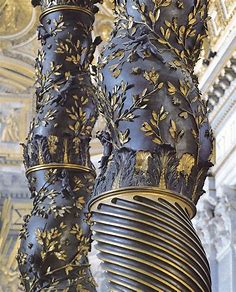




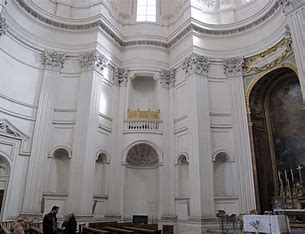
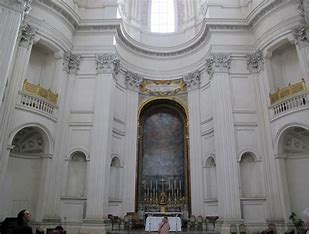



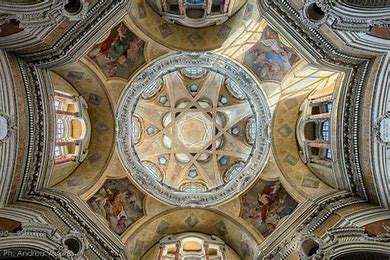


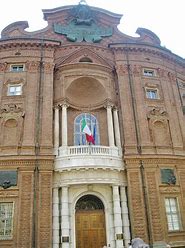


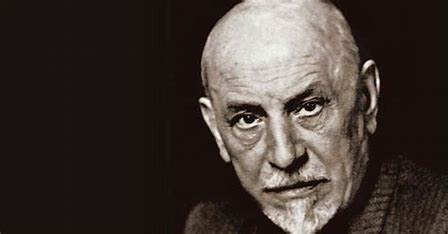














.jfif)